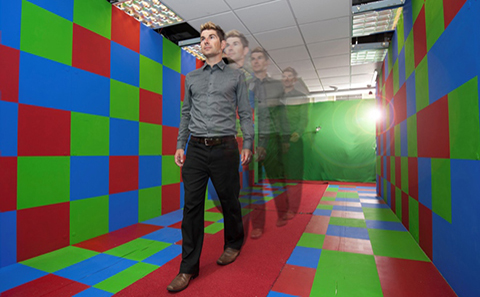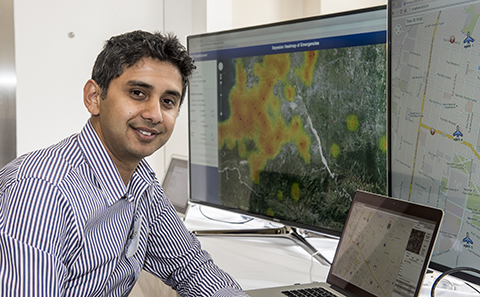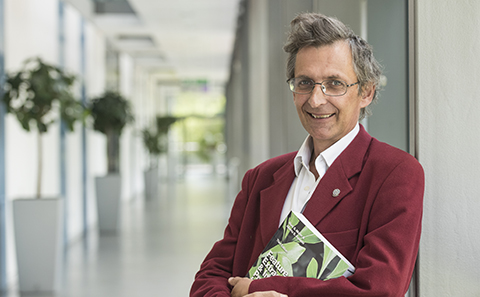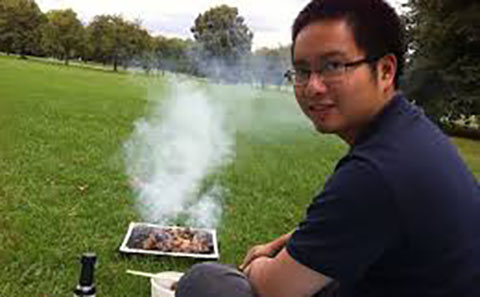
Leading the charge
AI researchers have designed a new pricing system based on online auction platforms, to make charging electric vehicles more effective.
Artificial Intelligence is a long-established discipline at the University of Southampton with world-class researchers working in various elements of AI, including deep learning, intelligent agents, machine learning, game theory, evolutionary algorithms, complexity science, biometrics and machine vision. Academics are also inspiring the next generation of experts through our highly successful MSc in Artificial Intelligence and undergraduate MEng degrees in Computer Science with Artificial Intelligence and Electronic Engineering with Artificial Intelligence.

AI researchers have designed a new pricing system based on online auction platforms, to make charging electric vehicles more effective.

Using computer vision techniques, our pioneering work in gait biometrics has had a significant impact on public policy, national security processes, forensic service practice and the economy.

A team of artificial intelligence experts is challenging fantasy football managers across the world to take on their fiercely competitive machine learning algorithm.

Dame Wendy led a major UK government review on how to capitalise on the country’s status as a world-leader in the science underpinning AI technology.

Tim Heads the Agents, Interaction and Complexity Research Group. He is an expert in artificial intelligence, logic and automated reasoning, with applications in healthcare, intelligence analysis, security and IoT.

An Associate Professor, Gopal has led, or been part of, major research projects including the ORCHID programme within which he developed applications of Human-Agent Collectives.

Head of the Vision, Learning and Control Research Group, Mark's interests are in image processing and computer vision and he is a pioneer of gait biometrics.

Niranjan is researching clinical data analysis, using machine learning, in fields such as cancer care. His research interests are in machine learning, signal processing and computational biology.

Richard Watson is an Associate Professor working in evolutionary computing. His research showing that evolution is able to learn from previous experience has been published in New Scientist.

Seb works on mechanism design and incentive engineering for smart grid and crowdsourcing applications. With Dr Enrico Gerding he led the research behind the Leading the Charge article (above).

Long Tran-Thanh works on projects which seek to advance the state of the art in many areas of artificial intelligence, including machine learning, game theory and decision making theory.
Our range of undergraduate and postgraduate degrees are helping to develop the next generation of experts in artificial intelligence. Recent MSc projects include skin cancer detection using machine learning and computer vision, deep learning for visual recognition of satellite imagery and real-time epilepsy prediction from brain signal analysis.

"ECS has great research staff, advanced experimental facilities, and I had such a good supervisor that I decided to stay here to do my PhD in Computer Science"
Jia Bi, MSc Artificial IntelligenceAshley Robinson graduated with an MEng in Electronic Engineering with Artificial Intelligence. Here he talks about being an ECS student, his experience at the University of Southampton and his future career plans
Read more about Ashley and his new career"There is a broad range of sectors that stand to benefit from the development and use of artificial intelligence. Artificial intelligence technologies are best employed in conjunction with, and in support of human decision making." Professor Tim Norman, Head of the Agents, Interaction and Complexity Research Group, has recently responded to the UK's House of Lords' Select Committee on Artificial Intelligence which asked "What are the implications of artificial intelligence?"
Read the full statement from Professor Tim Norman